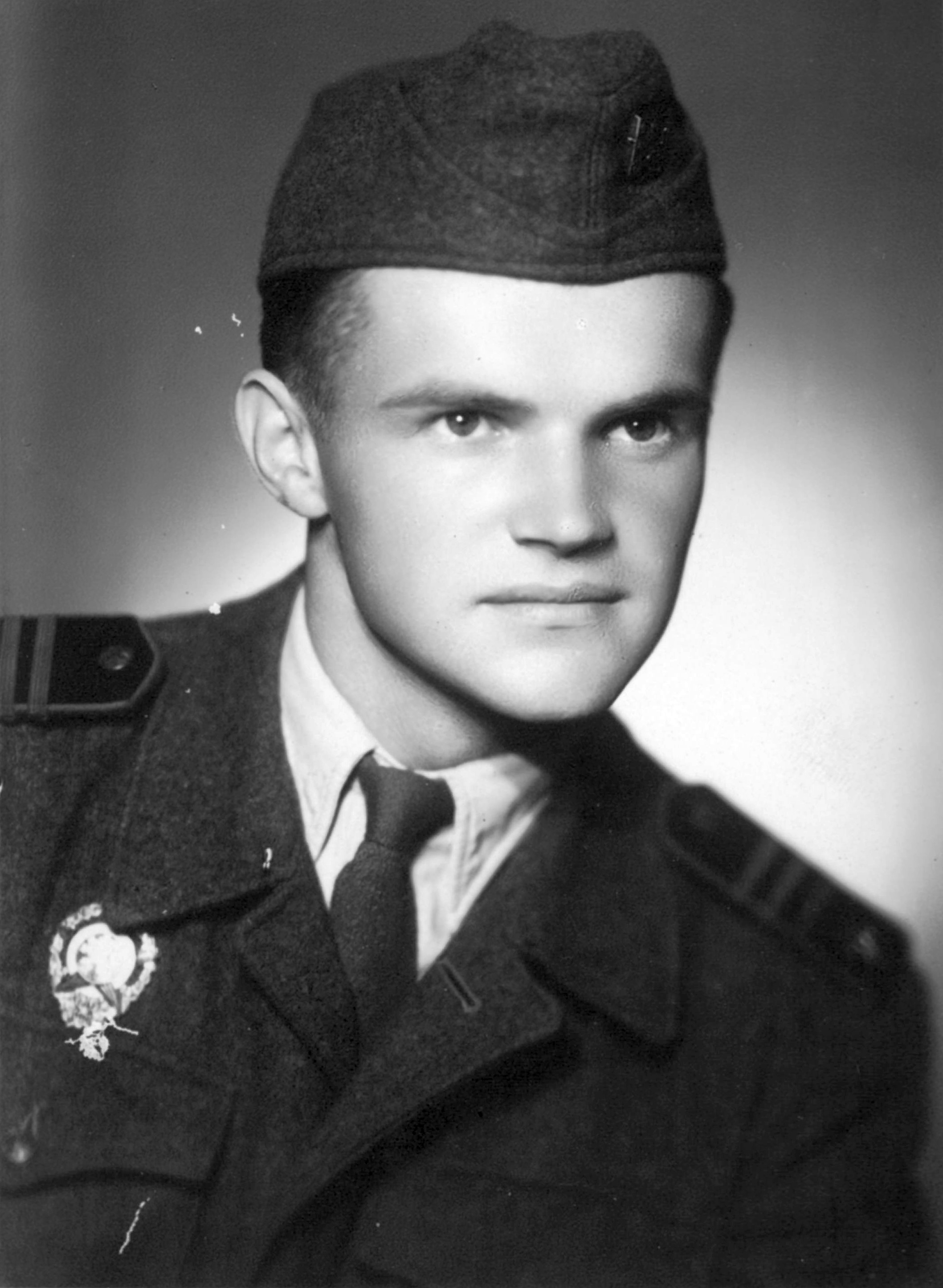Politics is politics, but farmer has to plough the field, to sow and to bring in the harvest

Stáhnout obrázek
Václav Němec was born on August 27th 1932 in Trhová Kamenice to a Catholic family. His grandfather served as a sexton in the local church and Václav was an acolyte as a child. Towards the end of the war, his father, Oldřich Němec, had been arrested with other men from nearby villages for supporting the partisans, and was imprisoned in the Small Fortress in Theresienstadt (Terezín) and in Pardubice. As he came back, a tragedy occurred at the church in Kamenice as retreating Greman soldiers executed four men from nearby village of Rohozné. In 1947, Václav started attending a business school in Hlinsko. His father was a successful farmer. After the war, he wanted to start a grazing cooperative. He had been supporting the idea of united, cooperative farming. However, he had been opposing the establishment of the Soviet-type “kolkhozes” by means of violence, which farmers were forced to join by party officials after 1950. Pressured by the Secret Police (Stb) and fearing further imprisonment, Oldřich Němec committed suicide in 1952. Still, after mounting threats against the farmers, the United Agricultural Coop (JZD) had been established in the village. However, it had performed poorly and later it was made part of the State Farm enterprise (Státní Statek). Even Václav had to join the Kamenice coop while his younger brother, Karel, did his compulsory military service, working as a company economist and an accountant. Later, from 1979 to February 1993, he had been working as a chief accountant and an economist in the United Agricultural Coop Vysočina (JZD Vysočina). He had never been a Communist Party (KSČ) member. Nowadays, he had been living in a house in Trhová Kamenice with his wife, writing the history of his family.


